
Introduction
In our fast-paced world, memory is a priceless asset that can shape our personal and professional lives. Yet, despite its importance, many misconceptions surround the concept of memory, especially long-term recall. Have you ever heard that we only use 10% of our brains or that memory declines with age in an irreversible manner? What if I told you these are just a couple of the myths that cloud our understanding of memory? In this article, we will dive deep into the compelling world of long-term recall, breaking down myths and exploring what you didn’t know about this crucial cognitive function. Buckle up for a journey through science, case studies, and insights that could transform the way you think about your memory.
Understanding Long-Term Memory
What Is Long-Term Memory?
Long-term memory is the stage of the memory system where information is stored for extended periods, potentially for the lifetime of an individual. It can be divided into two main categories: explicit (or declarative) memory—memories that we can consciously recall (like facts and events)—and implicit (or procedural) memory, which includes skills and tasks we perform without conscious awareness (like riding a bike).
How Long-Term Memory Works
When we learn something new, it goes through a complex process involving encoding, storage, and retrieval. Understanding these stages is critical to debunking certain myths. Encoding involves transforming sensory input into a format that our brains can process, while storage is maintaining that information over time. Finally, retrieval is accessing that stored information when needed.
Table 1: Stages of Long-Term Memory
| Stage | Description | Example |
|---|---|---|
| Encoding | Transformation of information into a storable format | Learning a new language |
| Storage | Maintaining the encoded information over time | Retaining vocabulary learned |
| Retrieval | Accessing the stored information | Being able to speak the language fluently in conversation |
Debunking Common Memory Myths
Myth 1: We Only Use 10% of Our Brain
This long-standing idea has been thoroughly debunked by neuroscientists. Modern imaging techniques such as fMRI show that we utilize various parts of our brain for different tasks. While we might not consciously engage every neuron, the claim that 90% of our brain remains dormant is false.
Case Study: A 2017 study published in the journal "Neuroscience & Biobehavioral Reviews" analyzed brain scans of individuals engaged in various tasks and found that even simple activities activate multiple brain areas, proving that the brain is a highly utilized organ.
Myth 2: Memory Declines Unguarded with Age
While memory changes do occur as we age, it’s not a straightforward decline. Some aspects of memory may improve with age, particularly crystallized intelligence (the ability to use learned knowledge).
Case Study: Research published in the "Journal of Gerontology" showed that older adults often outperform younger adults in tasks that require accumulated knowledge and experience. With practice and strategies, older adults can enhance their recall significantly.
Myth 3: Memory Is Like a Tape Recorder
Many believe our memories are exact recordings of experiences, which is misleading. Our memories are malleable and subject to distortions based on new information, emotions, and perceptions.
Case Study: The "Misleading Information Effect" demonstrated in numerous studies reveals how post-event information can change our memories of an event. Participants who witnessed an event and were later given misleading information often reported false details as memories.
Myth 4: Repetition Is the Best Way to Remember
While repetition can facilitate memory retention, other techniques may be more effective. Engaging with material through varied methods—like summarizing, teaching, or applying knowledge—can enhance recall.
Case Study: A 2019 study highlighted in "Psychological Science" found that students who practiced retrieval (self-testing) retained information better over the long term compared to those who only repeated the material.
Myth 5: Stress Can Only Hurt Memory
While chronic stress negatively impacts memory, acute stress can sometimes enhance recall by activating our “fight or flight” response. The key lies in moderation and the type of stress experienced.
Case Study: A research paper in "Frontiers in Human Neuroscience" demonstrated that moderate stress can sharpen memory, particularly in emergency situations, which aids in quick decision-making.
The Science Behind Long-Term Memory Enhancement
Techniques for Improving Long-Term Recall
Understanding the science behind long-term recall can inspire us to adopt effective practices:
Spaced Repetition: Spacing out study sessions over time can significantly improve long-term retention, as opposed to cramming.
Mind Mapping: This visual organization strategy helps correlate ideas, enhancing memory through spatial recognition.
Active Engagement: Involving oneself in discussions or teaching others about the material fosters deeper understanding and recall.
- Healthy Lifestyle Choices: Regular physical exercise, a balanced diet, and adequate sleep are scientifically linked to enhanced cognitive functions, including memory.
Table 2: Methods to Enhance Long-Term Memory
| Method | Description | Benefits |
|---|---|---|
| Spaced Repetition | Distributing study sessions over time | Reduces forgetting, increases retention |
| Mind Mapping | Visual organization of ideas | Fosters connections among related concepts |
| Active Engagement | Involving in discussions or teaching | Deepens understanding, improves retrieval |
| Healthy Lifestyle | Regular exercise, balanced diet, and proper sleep | Supports overall brain function |
The Role of Emotions in Memory
Emotional Memories Are Stronger
Research consistently shows that emotionally charged events are remembered more vividly and for longer periods. This phenomenon is often attributed to the amygdala, a brain region activated during emotional events.
Case Study: A study at the University of California found that participants recalled emotionally significant experiences with greater clarity than neutral ones, underscoring the link between emotion and memory retention.
Conclusion: Take Control of Your Memory
Understanding the reality behind memory is empowering. By debunking these myths, we enable ourselves to adopt strategies that can significantly enhance long-term recall. It’s not about a mere collection of facts; it is about engaging our brains in rich, meaningful ways. So, next time you find yourself doubting your memory’s capabilities, remember: knowledge is power. Use these insights to foster a more effective relationship with your memory.
FAQs
1. Can I really improve my memory?
Yes! Techniques like spaced repetition, active engagement, and leading a healthy lifestyle can significantly enhance your memory capabilities.
2. Is it possible to completely rely on my memory?
While memory is a valuable tool, relying solely on it can be risky. Use notes and reminders to complement your recall.
3. Does aging always lead to memory loss?
Not necessarily. While some decline may occur, many aspects of memory can improve with age due to accumulated knowledge and experience.
4. Are there foods that can enhance memory?
Yes, foods rich in antioxidants, omega-3 fatty acids, and vitamins can positively impact memory. Consider incorporating blueberries, walnuts, and fatty fish into your diet.
5. How can I manage stress to protect my memory?
Practicing stress-management techniques like mindfulness, meditation, and regular exercise can help mitigate the negative effects of stress on memory.
This deeper understanding of long-term recall armors you against misinformation and empowers you to enhance your memory effectively. Embrace these insights and take charge of your cognitive journey today!
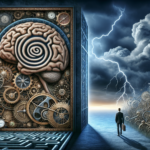
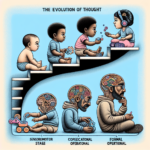


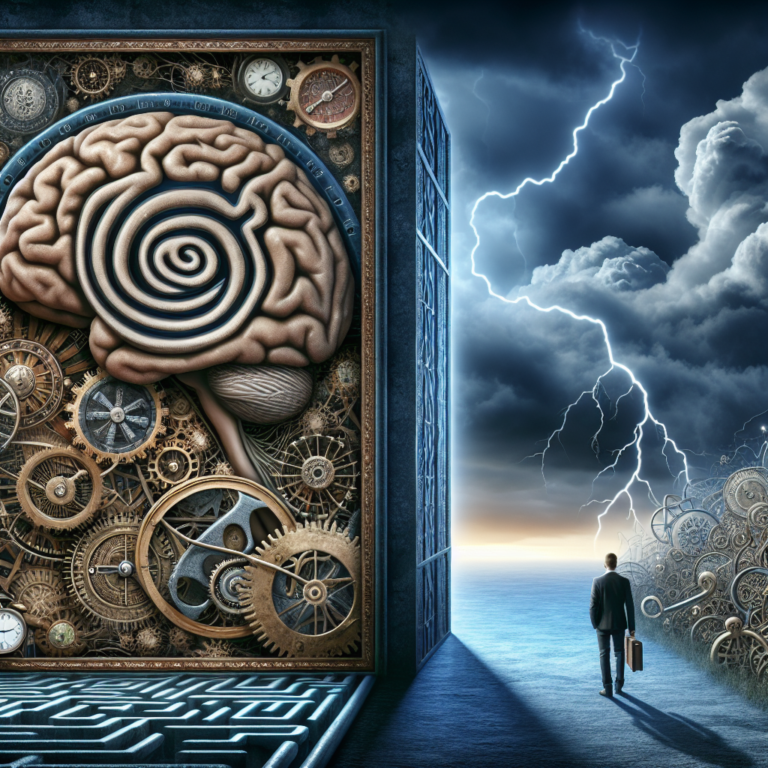
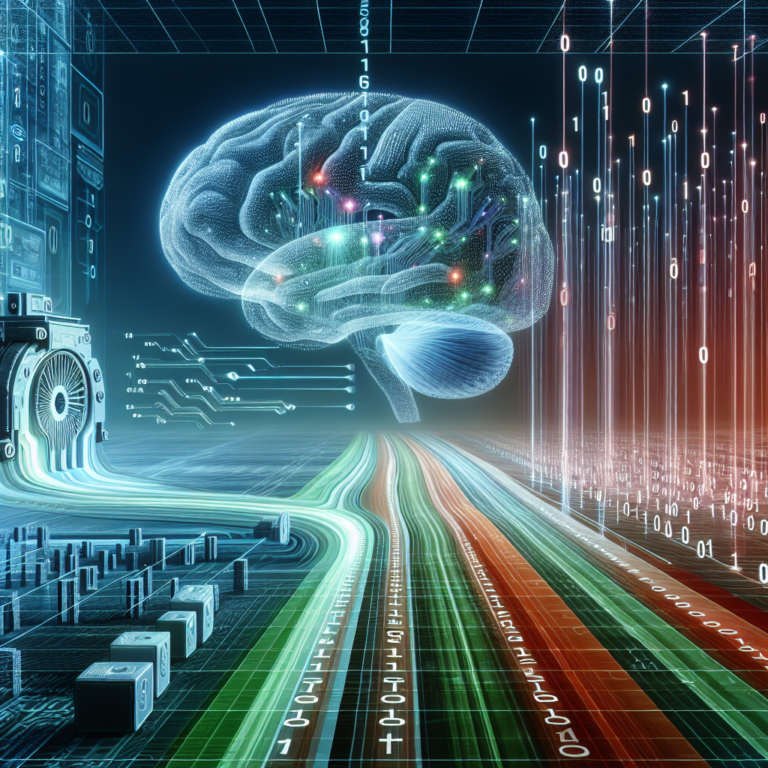

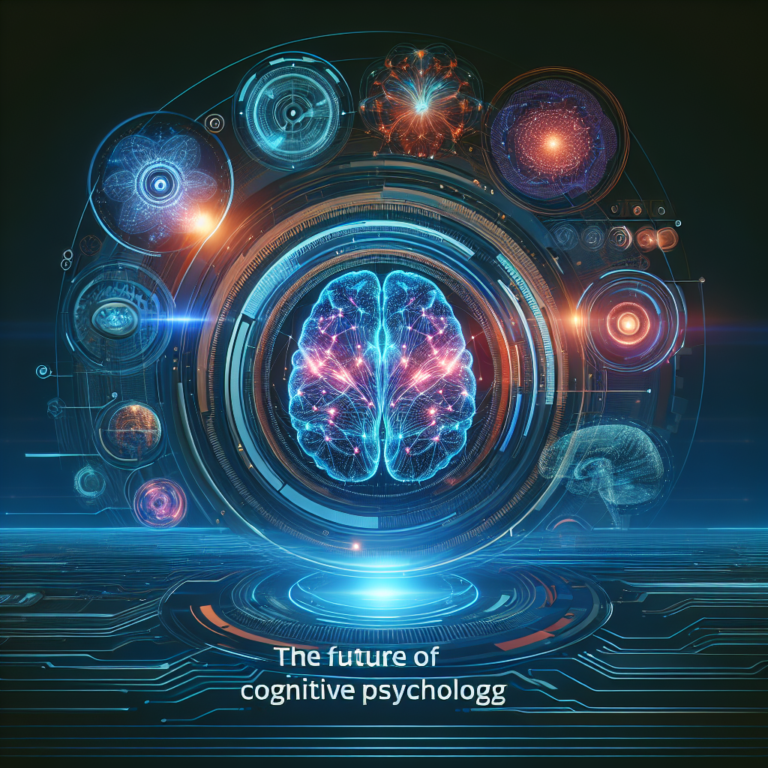










I was recommended this web site by my cousin. I am not sure whether this post is written by him as no one else know such detailed about my problem. You’re wonderful! Thanks!
I must show my thanks to the writer for rescuing me from this type of issue. Just after checking throughout the the web and seeing things which were not helpful, I was thinking my life was done. Being alive without the presence of answers to the problems you have sorted out all through your main write-up is a serious case, and those that could have in a wrong way affected my career if I hadn’t noticed your blog. The expertise and kindness in touching all things was important. I am not sure what I would have done if I had not come upon such a thing like this. I can at this time relish my future. Thanks a lot very much for your professional and result oriented help. I will not hesitate to suggest your blog post to anyone who would need counselling on this issue.
Thanks for the sensible critique. Me and my neighbor were just preparing to do a little research on this. We got a grab a book from our area library but I think I learned more clear from this post. I’m very glad to see such great information being shared freely out there.
I discovered your blog site on google and examine a few of your early posts. Proceed to keep up the excellent operate. I simply further up your RSS feed to my MSN Information Reader. In search of forward to studying extra from you in a while!…
Good day! Do you know if they make any plugins to protect against hackers? I’m kinda paranoid about losing everything I’ve worked hard on. Any suggestions?
I really like your blog.. very nice colors & theme. Did you create this website yourself or did you hire someone to do it for you? Plz respond as I’m looking to create my own blog and would like to find out where u got this from. thanks
Very interesting info !Perfect just what I was searching for! “Charity is injurious unless it helps the recipient to become independent of it.” by John Davidson Rockefeller, Sr..
Just wanna input that you have a very nice site, I love the design it really stands out.
I couldn’t resist commenting
whoah this weblog is excellent i really like reading your articles. Keep up the good paintings! You realize, a lot of people are searching round for this information, you can aid them greatly.
Thanks, I have just been looking for information approximately this topic for ages and yours is the best I’ve found out so far. But, what in regards to the bottom line? Are you certain concerning the source?
You are a very bright person!
Very good blog you have here but I was curious about if you knew of any forums that cover the same topics discussed in this article? I’d really like to be a part of online community where I can get responses from other experienced people that share the same interest. If you have any recommendations, please let me know. Thanks a lot!
Great post. I was checking constantly this blog and I’m impressed! Very useful info specially the last part 🙂 I care for such info a lot. I was seeking this particular information for a very long time. Thank you and best of luck.
Perfect work you have done, this website is really cool with superb information.
Thanks a bunch for sharing this with all people you actually recognise what you’re talking approximately! Bookmarked. Kindly additionally visit my web site =). We will have a hyperlink change agreement between us!
I conceive this web site contains some rattling superb information for everyone : D.
Have you ever thought about writing an e-book or guest authoring on other blogs? I have a blog centered on the same information you discuss and would love to have you share some stories/information. I know my audience would value your work. If you are even remotely interested, feel free to shoot me an email.
Thanks for some other great post. Where else could anybody get that type of information in such a perfect way of writing? I have a presentation subsequent week, and I’m at the search for such information.
I just couldn’t leave your site before suggesting that I extremely loved the usual information an individual supply for your visitors? Is gonna be back ceaselessly in order to check out new posts
Good day! This is my first visit to your blog! We are a team of volunteers and starting a new initiative in a community in the same niche. Your blog provided us beneficial information to work on. You have done a extraordinary job!
Hello, you used to write fantastic, but the last few posts have been kinda boring… I miss your tremendous writings. Past several posts are just a little bit out of track! come on!
Keep functioning ,splendid job!
You made some first rate points there. I appeared on the internet for the problem and located most people will associate with along with your website.
Hello my loved one! I want to say that this article is amazing, nice written and include approximately all important infos. I would like to see more posts like this.
You are a very capable individual!
I was recommended this website by my cousin. I am not sure whether this post is written by him as nobody else know such detailed about my difficulty. You’re incredible! Thanks!
It’s really a great and useful piece of information. I’m glad that you shared this helpful info with us. Please keep us up to date like this. Thanks for sharing.
What’s Happening i am new to this, I stumbled upon this I’ve found It positively useful and it has helped me out loads. I hope to contribute & aid other users like its helped me. Good job.
I admire your piece of work, thanks for all the informative articles.
Keep functioning ,splendid job!
I’ve been absent for a while, but now I remember why I used to love this site. Thanks , I’ll try and check back more often. How frequently you update your web site?
I am happy that I observed this website, precisely the right info that I was searching for! .
I have been reading out some of your stories and i must say pretty clever stuff. I will make sure to bookmark your blog.
Great post. I was checking continuously this blog and I’m impressed! Very useful info specially the last part 🙂 I care for such info much. I was seeking this certain information for a long time. Thank you and best of luck.
An interesting discussion is worth comment. I think that you should write more on this topic, it might not be a taboo subject but generally people are not enough to speak on such topics. To the next. Cheers
It’s best to take part in a contest for the most effective blogs on the web. I’ll suggest this site!
Have you ever thought about creating an e-book or guest authoring on other blogs? I have a blog based upon on the same information you discuss and would really like to have you share some stories/information. I know my visitors would appreciate your work. If you are even remotely interested, feel free to shoot me an e mail.
Yay google is my world beater aided me to find this outstanding internet site! .
Usually I don’t learn post on blogs, but I wish to say that this write-up very forced me to take a look at and do so! Your writing style has been surprised me. Thank you, very great post.
I appreciate, cause I found just what I was looking for. You have ended my four day long hunt! God Bless you man. Have a great day. Bye
Hello, i think that i saw you visited my website thus i came to “return the favor”.I am trying to find things to enhance my site!I suppose its ok to use some of your ideas!!
Greetings! This is my first visit to your blog! We are a collection of volunteers and starting a new initiative in a community in the same niche. Your blog provided us beneficial information to work on. You have done a outstanding job!
Thank you a lot for sharing this with all folks you really understand what you are speaking approximately! Bookmarked. Please additionally consult with my website =). We could have a hyperlink exchange arrangement among us!
Please let me know if you’re looking for a article writer for your blog. You have some really great articles and I feel I would be a good asset. If you ever want to take some of the load off, I’d really like to write some material for your blog in exchange for a link back to mine. Please shoot me an e-mail if interested. Cheers!
You are my intake, I possess few web logs and sometimes run out from to brand.
My spouse and i ended up being thrilled that Emmanuel could round up his research using the precious recommendations he received from your own weblog. It is now and again perplexing just to continually be giving freely helpful tips that many other folks might have been selling. And we realize we need the website owner to give thanks to for this. The main illustrations you made, the simple site navigation, the relationships your site make it easier to engender – it’s got many superb, and it is letting our son in addition to our family feel that that concept is cool, which is seriously indispensable. Thanks for the whole lot!
I will right away grasp your rss feed as I can not in finding your email subscription link or e-newsletter service. Do you’ve any? Kindly allow me realize so that I could subscribe. Thanks.
Great write-up, I am regular visitor of one’s site, maintain up the excellent operate, and It’s going to be a regular visitor for a long time.
I always was interested in this subject and still am, appreciate it for putting up.
I was very pleased to search out this internet-site.I wished to thanks for your time for this glorious learn!! I undoubtedly having fun with every little bit of it and I have you bookmarked to take a look at new stuff you blog post.
I view something genuinely special in this website.
Thank you for all of your effort on this web page. My mother really loves carrying out research and it’s obvious why. A number of us hear all regarding the powerful ways you deliver practical guides by means of this website and even foster response from other individuals on that area while my child is really learning a lot of things. Enjoy the remaining portion of the year. You’re the one conducting a remarkable job.
This is the right blog for anyone who wants to find out about this topic. You realize so much its almost hard to argue with you (not that I actually would want…HaHa). You definitely put a new spin on a topic thats been written about for years. Great stuff, just great!
I intended to write you one very little word in order to give thanks once again for those superb techniques you’ve shown on this page. It is certainly seriously generous of people like you giving unreservedly precisely what a few people would have distributed for an electronic book to help with making some profit on their own, particularly considering that you might have tried it if you ever wanted. The tricks also served as a great way to fully grasp that other individuals have a similar passion really like my very own to know good deal more when considering this issue. I’m sure there are some more fun sessions in the future for individuals who look over your site.
But a smiling visitor here to share the love (:, btw great style. “The price one pays for pursuing a profession, or calling, is an intimate knowledge of its ugly side.” by James Arthur Baldwin.
Wonderful work! That is the type of information that should be shared around the internet. Disgrace on the seek engines for no longer positioning this submit higher! Come on over and seek advice from my web site . Thanks =)
of course like your website however you have to test the spelling on quite a few of your posts. Many of them are rife with spelling issues and I in finding it very bothersome to inform the reality then again I?¦ll definitely come again again.
I appreciate, cause I found just what I was looking for. You have ended my four day long hunt! God Bless you man. Have a nice day. Bye
I’m curious to find out what blog system you’re utilizing? I’m experiencing some small security problems with my latest website and I’d like to find something more risk-free. Do you have any suggestions?
Your place is valueble for me. Thanks!…
Hmm is anyone else experiencing problems with the pictures on this blog loading? I’m trying to determine if its a problem on my end or if it’s the blog. Any responses would be greatly appreciated.